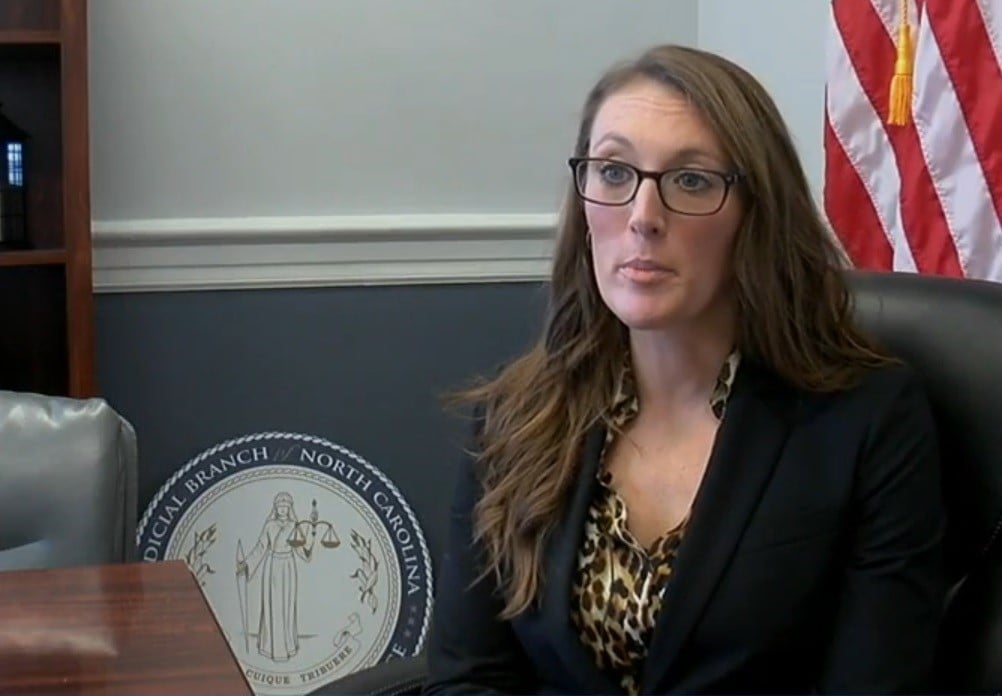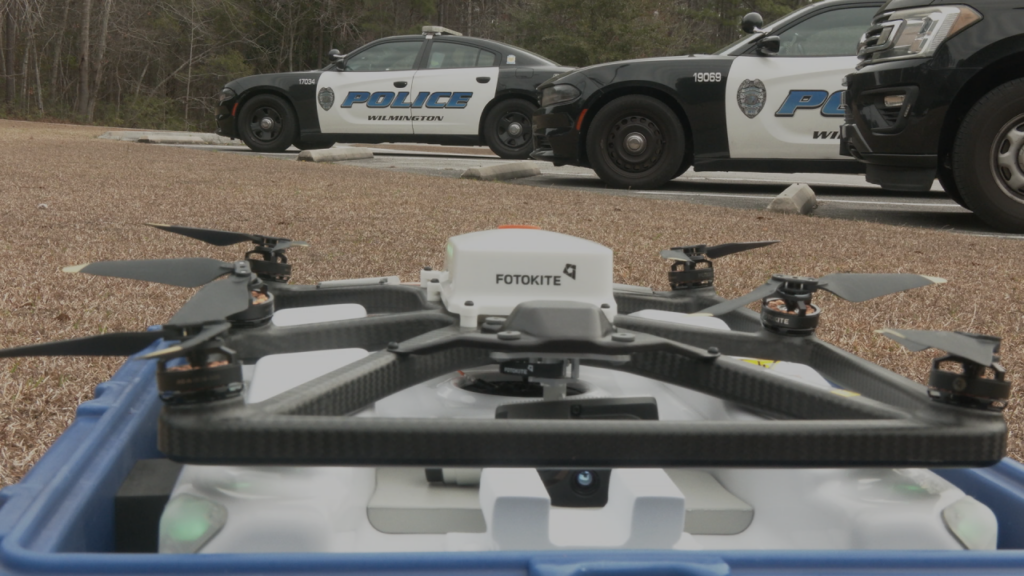Local health professional busts common weather myths as Cape Fear braces for cold temps
WILMINGTON, NC (WWAY) — Fact or fiction? Most of us have probably heard over the years that rapid temperature changes can make you sick.
Medical experts say that’s fiction.
The Cape Fear region has dealt with a temperature rollercoaster recently, from unseasonably cold temperatures to a record high of 80 degrees on December 11th.
While the sudden temperature changes won’t make people sick, those with respiratory issues, such as asthma or chronic lung disease, can be affected by hot or humid temperatures.
Rand Pennington is an acute care and family nurse practitioner with Novant Health.
He said so far, there have not been a lot of patients presenting with flu or COVID symptoms but there has been an increase in other illnesses.
“Surprisingly, we’ve not seen a lot of COVID or flu from what I’ve seen personally at this point,” Pennington said. “We are seeing a lot of upper respiratory illnesses, likely viral, not a specific, not a specific virus that we’re finding. We’re also seeing a lot of pediatric pneumonia this year which is something that we’ve seen nationally in the news. We’re also seeing that locally.”
For some people, including Corey Atkins, one of the most common phrases said to them while growing up was to make sure not to go outside with wet hair or while underdressed.
“I also heard go outside without a coat and you’re going to get sick,” Atkins said. “And then they would elaborate more on hypothermia which I knew nothing about as a kid. Military taught me about that when its super cold water, that’s not fun. Wet hair, or not cold hair but wet hair and no coats, you’re going to get sick.”
Pennington said there isn’t any data that suggests going outside with wet hair will get you sick, but he said temperature can play a role.
“We also know that in the winter months, whenever its more cold and dry, that respiratory viruses start to circulate. People tend to spend more time indoors which increases our risk for getting sick.”
Pennington adds that people with weaker immune systems are more prone to getting sick and you may want to prioritize getting vaccinated to protect against the flu or COVID.




